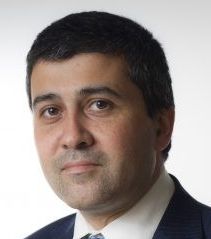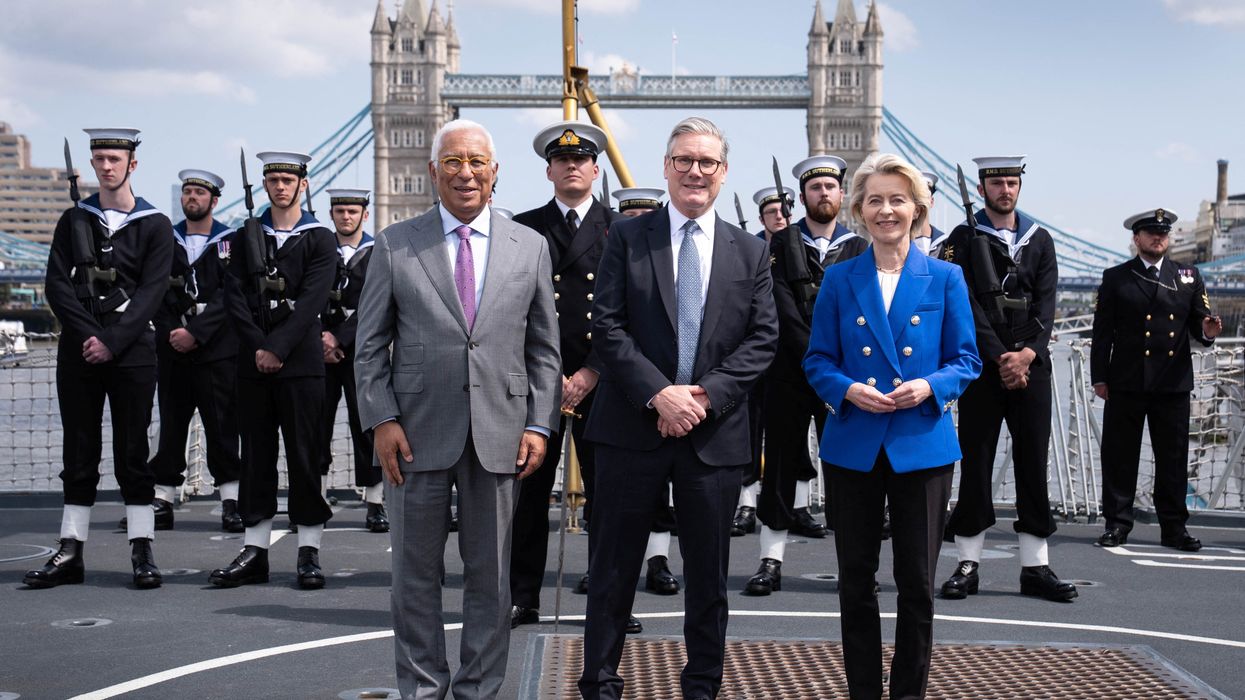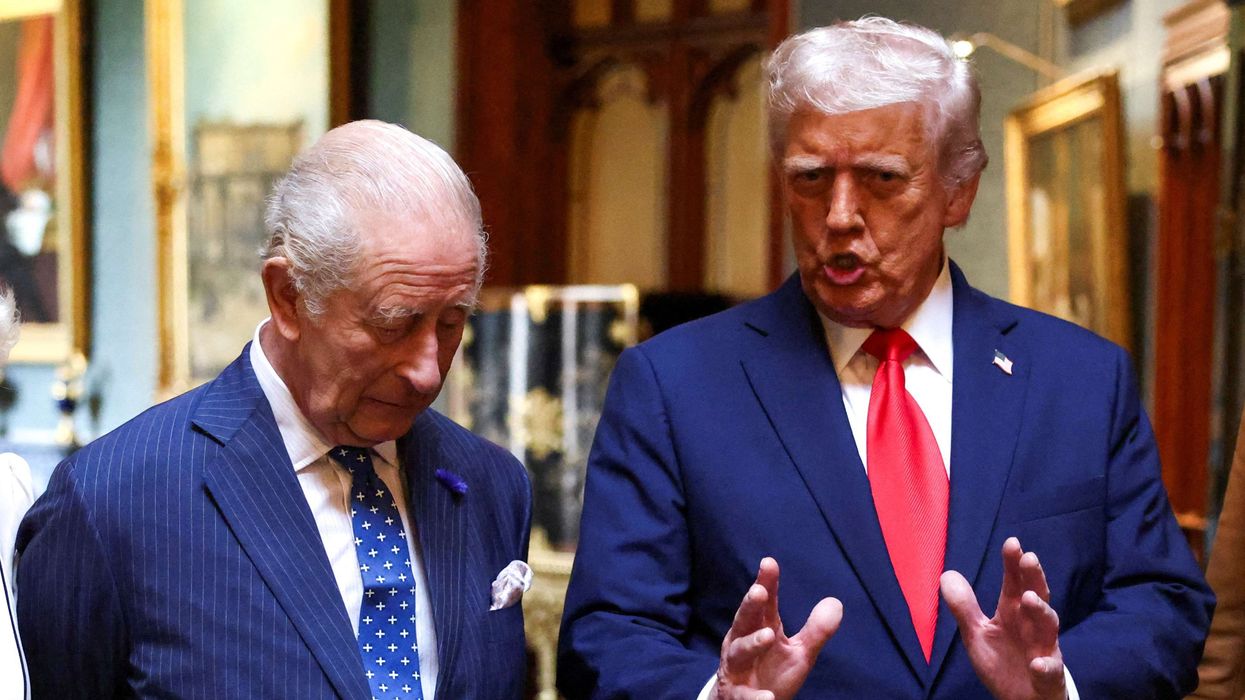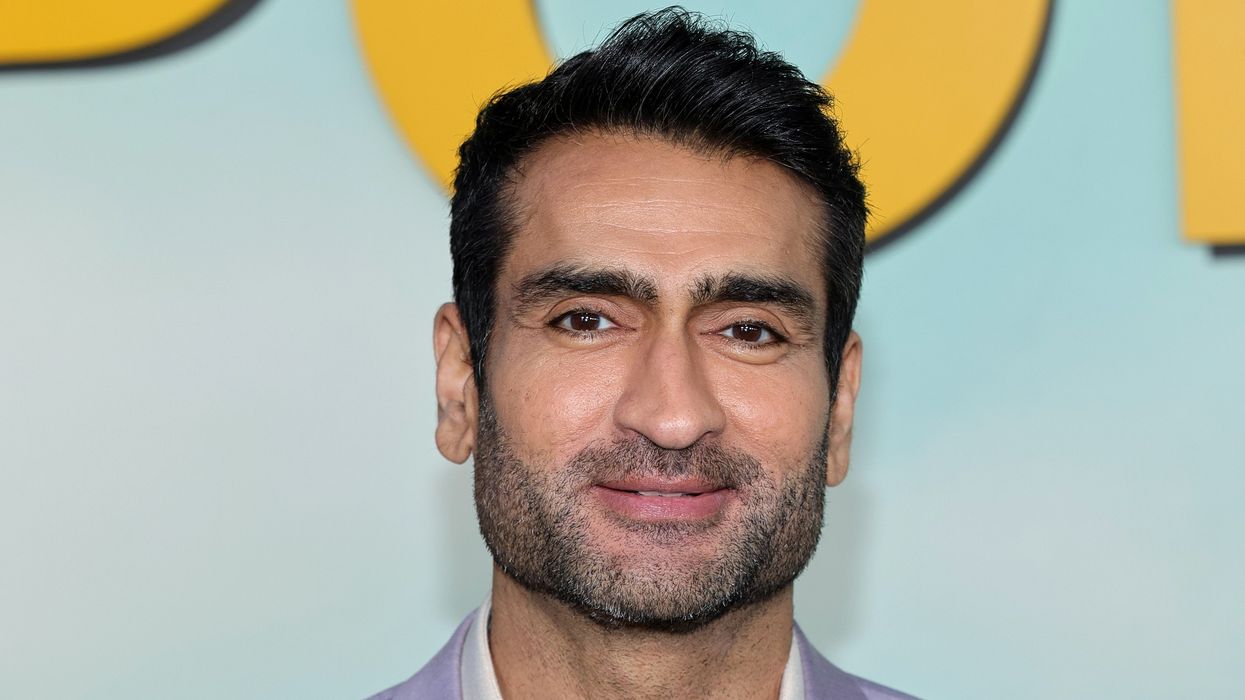THERE is just too much news. The last month probably saw more than a year’s worth of events in more normal times – a new Pope in Rome, continued war in Ukraine, escalating conflict in Gaza, and the relief of India and Pakistan agreeing a ceasefire after a fortnight of conflict.
Domestic and global events that might once have dominated the news for a week can now come and go within hours. The biggest-ever fall in net migration – 2024’s figure half of 2023’s, according to Office for National Statistics data released last Thursday (22) – did not even get a brief mention on any of last Friday (23) morning’s newspaper front pages. It would have been a very different story if net migration had doubled, not halved, but falling immigration risks becoming something of a secret.
On the same evening as the UK-EU ‘reset’ summit, the UK government issued its strongest criticism of Israel in living memory. A joint statement with Canada and France described conditions in Gaza as ‘intolerable’, the language of Israeli ministers as ‘abhorrent’, and its expanded military operation as ‘egregious’. Germany did not join the trio, yet Chancellor Merz’s explanation that Germany would exercise more restraint in its criticism of Israel than others, for historical reasons – made his own calm but stark warning about breaching international humanitarian law more striking.
Israel had strong diplomatic support after the October 7 Hamas attack, but has never been this isolated. The administration of US president Donald Trump has not joined the public criticism, but is much cooler to Benjamin Netanyahu than in Trump’s first term, with sharp private clashes over diplomacy versus war with Iran.
Trump’s second term has turned the Oval Office into a reality politics show, giving the president the ‘main character’ energy he craves. He is at war with the courts and universities at home, last week seeking to ban all international students from Harvard.
America’s allies must second-guess his impulsive unilateralism on security and trade. The February clash with Ukraine’s president Volodymyr Zelensky sent shockwaves around the world. Trump is now frustrated that conceding so much to Russian president Vladimir Putin achieved nothing – except losing leverage. Repeating the trick last week, ambushing South African president Cyril Ramaphosa with fabricated footage of a racist conspiracy theory about the genocide of white farmers, had a weary familiarity. There was sympathy for Ramaphosa at home and abroad. Trump lacks any evident tariff strategy, simply hiking and suspending rates to maintain surprise. Business expects little stability while the Trump presidential gameshow runs.
Prime minister Sir Keir Starmer has the opposite instincts and personality to Trump, believing in a rules-based world order – both on principle and in Britain’s enlightened self-interest as a middle power. Starmer’s challenge is to show that cooperation can work – for security, trade and boats in the Channel too. Whitehall sees progress in a volatile world in the trade deal with India, mitigating some of Trump’s car tariffs at least, while prioritising the UK-EU reset.
The ‘Brexit betrayal’ headlines had little impact on public opinion, where there is broad pragmatic permission to pursue closer UK-EU ties within current ‘red line’ commitments – ruling out single market membership, at least this parliament, to avoid a return to Brexit trenches.
Despite fierce clashes at Westminster over the value and cost of the Chagos Treaty, that seemed one controversy too many for most people to process.
The Starmer government’s juggling of events saw its biggest domestic Uturn, heeding criticism of its plan to means-test the winter fuel allowance for pensioners.
The irony is that this became the government’s most famous decision because chancellor Rachel Reeves did not just include it in her first budget, but led with it as a symbol of ‘tough choices’ for fiscal responsibility. Backbench pressure to reduce child poverty by scrapping the twochild cap on welfare has been accepted too. These U-turns send the government back to the drawing board after its first year.
This summer and autumn, it must not only revise plans for spending and taxation, but also articulate a public narrative – a strategy that explains what the government’s choices amount to, and why. A comparative strength of populist insurgents is that they offer a simpler story about a complex world than their mainstream rivals.
News fatigue is rising across countries, according to Reuters Institute research conducted over the past decade. Around four in 10 people are avoiding the news – for a variety of reasons. If everything, everywhere, all at once remains the theme of politics and global affairs, the risk is more people will simply switch off.
 Sunder Katwala
Sunder KatwalaSunder Katwala is the director of thinktank British Future and the author of the book How to Be a Patriot: The must-read book on British national identity and immigration.




